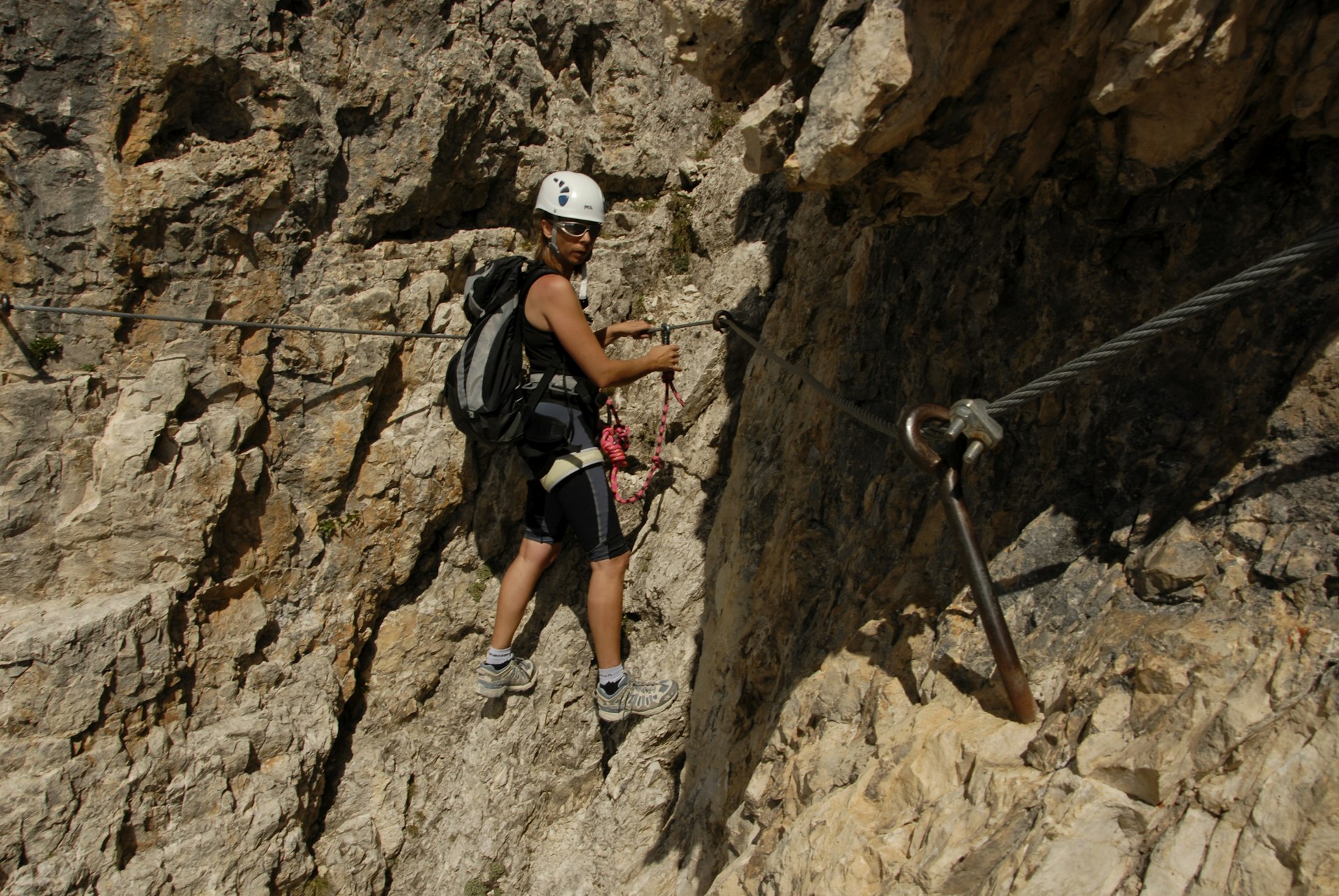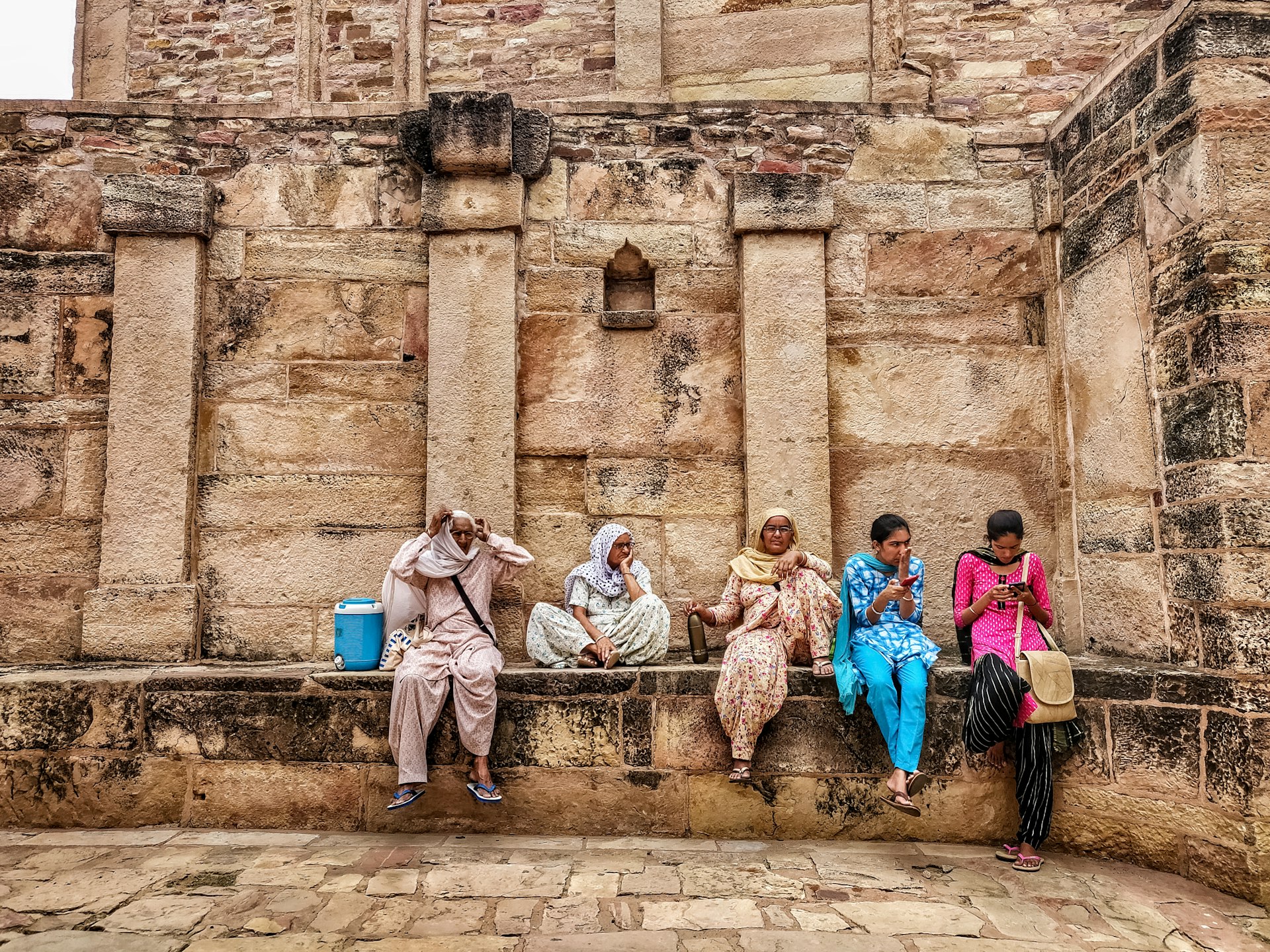How to Experience the World’s Most Unforgettable Cultural Festivals as Travel Destinations

Photo by Dibakar Roy on Unsplash
Introduction: Why Cultural Festivals Make Exceptional Travel Destinations
Exploring the world through cultural festivals is a growing trend among travelers seeking more than just sightseeing. These events offer a rare opportunity to engage with the heart and soul of communities, experience age-old traditions, savor authentic cuisine, and participate in celebrations that define local identity. From vibrant parades to ancient rituals and innovative art performances, cultural festivals can turn any trip into an unforgettable journey of discovery and connection [1] .
The Unique Value of Traveling for Cultural Festivals
Cultural festivals serve as living museums, where visitors can witness and participate in customs passed down through generations. Unlike typical tourist attractions, these events immerse travelers in the rhythms of daily life, creating memorable experiences and fostering cross-cultural understanding. For example, attending Kyoto’s Gion Matsuri allows guests to observe centuries-old Shinto rituals, while joining New Orleans’ Mardi Gras gives insight into the city’s unique blend of French, African, and American influences [5] . Many festivals are also deeply tied to their locations, making the surrounding destinations particularly vibrant during event periods.
Iconic Cultural Festivals to Consider for Your Travels
To help you plan your next culturally immersive trip, here are a few of the world’s most celebrated festivals, each offering a distinct flavor and atmosphere:
Kyoto Gion Matsuri, Japan
Held every July, the Gion Matsuri is one of Japan’s oldest and most famous festivals. Visitors can watch elaborate floats, participate in traditional street activities, and sample local delicacies. The city’s historic districts and temples provide a stunning backdrop, and the event offers insight into Kyoto’s rich artistic and spiritual heritage [3] [4] .
Mardi Gras, New Orleans, USA
Mardi Gras is synonymous with lively parades, colorful costumes, and music-filled street parties. Taking place on Shrove Tuesday, it draws visitors from around the globe to experience the city’s infectious energy and unique mix of cultural influences. Travelers can join in the festivities by attending balls, catching beads during parades, and tasting iconic Creole cuisine [5] .
Spoleto Festival USA, Charleston, USA
This renowned performing arts festival transforms Charleston into a hub of opera, theater, dance, and music each spring. It offers a platform for both established and emerging artists and immerses visitors in the city’s historic Southern charm [1] .
Øya Festival, Oslo, Norway
Oslo’s Øya Festival is a four-day celebration of music, drawing over 60,000 attendees annually. The event features international and local artists and provides a window into Norway’s vibrant contemporary culture [2] .
Cambridge Folk Festival, UK
Dating back to 1964, this festival is a must for music enthusiasts. Attendees can enjoy performances from renowned and emerging folk artists, participate in workshops, and camp on site for a fully immersive experience [2] .
How to Plan Your Trip Around Cultural Festivals
Attending a festival requires careful planning to ensure you make the most of the experience and avoid common pitfalls. Here’s a step-by-step guide for travelers:
- Research Dates and Locations: Festival dates may change yearly. Start by confirming the official dates through local tourism boards or event organizers. Consider arriving a day or two early to acclimate and secure better accommodations.
- Book Accommodations Well in Advance: Festival periods see a surge in demand. Reserve your lodging early, ideally close to the event venue. Consider local guesthouses for a more authentic stay.
- Secure Tickets if Required: Some festivals have limited entry or require advance ticket purchases. Check the official festival website or recognized ticket platforms for availability and pricing.
- Understand Local Customs and Etiquette: Cultural sensitivity is crucial. Learn about expected behavior, dress codes, or restrictions, especially for religious or traditional events. This ensures respectful and enriching participation.
- Plan Your Itinerary: Many festivals offer a packed schedule of performances, parades, and workshops. Prioritize events that align with your interests but leave time for spontaneous exploration.
- Prepare for Crowds and Logistics: Festivals attract large crowds. Be ready for busy streets, limited transportation, and increased security. Carry essentials like water, sun protection, and a small bag for valuables.
- Engage with Locals: Strike up conversations with residents, vendors, and other attendees. Local recommendations can lead to hidden gems or off-the-beaten-path experiences.
Making the Most of Your Festival Experience
To truly benefit from attending a cultural festival, consider these practical approaches:

Photo by Rajesh Rajput on Unsplash
- Participate Actively: Join workshops, tastings, or parades where visitors are welcome. For instance, in Kyoto, travelers can attend tea ceremonies or wear traditional attire, while in New Orleans, you might learn to make King Cake or join a dance class [4] .
- Document Your Experience: Take photos and keep a journal, but always ask for permission before photographing people or sacred activities. Share your experiences responsibly on social media to inspire others.
- Support Local Businesses: Eat at local restaurants, purchase crafts from artisans, and consider guided tours led by residents. This helps sustain the local economy and preserves cultural traditions.
- Be Mindful of Your Impact: Practice responsible tourism by minimizing waste, respecting the environment, and adhering to event guidelines. Festivals often have sustainability initiatives-participate where possible.
Alternatives and Additional Opportunities
If you cannot attend a major festival in person, consider these alternatives:
- Virtual Participation: Some festivals offer online streaming of performances or interactive workshops. Check the official festival or tourism website for details.
- Local Cultural Events: Many destinations host smaller, community-based celebrations throughout the year. Research local calendars or ask tourism offices for recommendations.
- Off-Season Visits: If your schedule doesn’t align, visiting key festival sites off-season still allows you to explore their history and significance, often with fewer crowds and more in-depth tours.
Key Takeaways and Getting Started
Traveling for cultural festivals is a rewarding way to immerse yourself in a destination’s traditions, forge connections, and create lasting memories. Begin planning by:
- Identifying festivals that resonate with your interests and values.
- Visiting the official tourism website of your chosen destination for current festival information and travel advisories.
- Contacting local travel agencies or cultural associations for personalized advice and booking support.
- Researching experiences shared by other travelers on reputable travel blogs and forums for practical tips and inspiration.
Wherever you go, approaching each festival with curiosity, respect, and an open mind will ensure a truly transformative travel experience.
References
- [1] Northcutt Travel Agency (2024). The World’s Top 10 Festivals to Add to Your 2025 Travel Plans.
- [2] Expat Explore (2025). 18 of Europe’s Most Popular Festivals & Cultural Events.
- [3] Travelner Insurance (2025). Top Cultural Travel Destinations for 2025: Immerse Yourself in Heritage and Tradition.
- [4] Project Bold Life (2025). Seven Most Culturally Immersive Travel Destinations in 2025.
- [5] EnjoyTravel.com (2025). The Top 15 Cultural Festivals Worth Travelling For.
MORE FROM visa4visit.com













